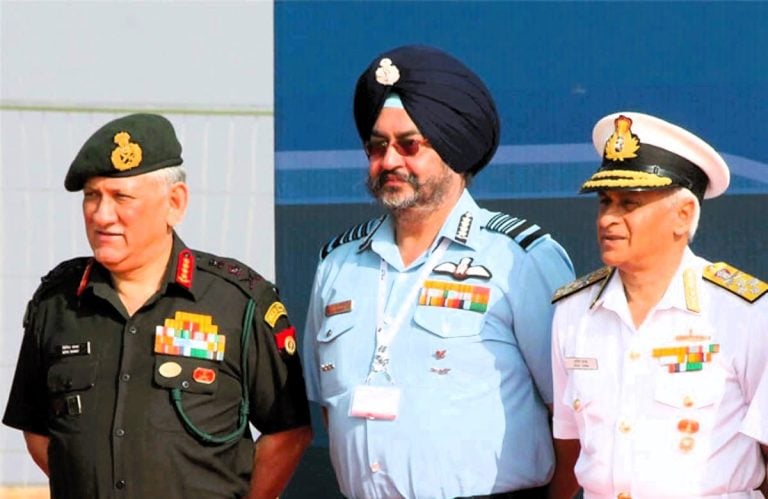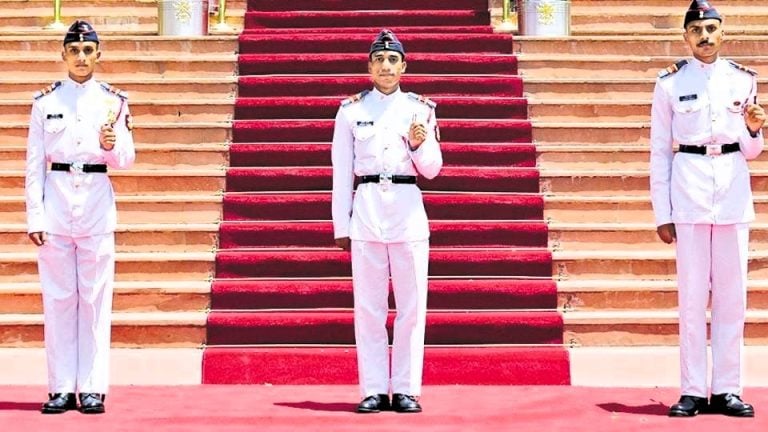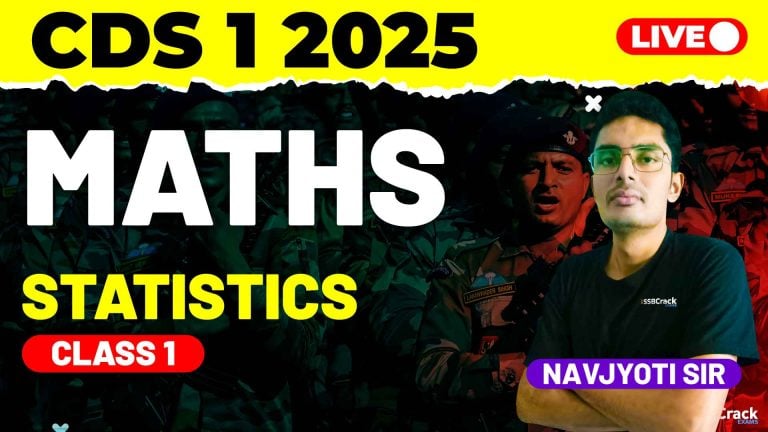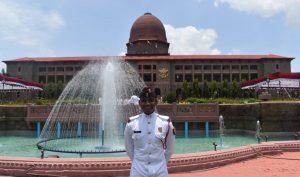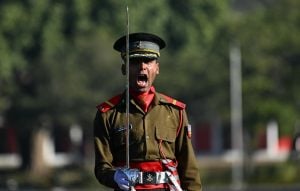For aspirants preparing for the National Defence Academy (NDA) and Combined Defence Services (CDS) examinations, mastering current affairs is as vital as honing their physical fitness and academic prowess. In the fiercely competitive landscape of defense exams, staying abreast of current events isn’t just an advantage; it’s a necessity. One of the most effective tools in this endeavor is Multiple Choice Questions (MCQs) focused on current affairs. Let’s delve into why they hold such paramount importance for NDA and CDS aspirants.
- Enhancing Awareness: Current affairs MCQs serve as a dynamic platform for candidates to expand their awareness beyond textbooks. In the realm of defense examinations, understanding global, national, and regional developments is indispensable. MCQs encapsulate this knowledge in digestible formats, making it easier for aspirants to absorb and retain information.
- Application in Objective Assessments: Both the NDA and CDS exams feature objective-type questions, making MCQs an invaluable resource for preparation. By practicing current affairs MCQs, candidates not only familiarize themselves with the exam pattern but also refine their ability to decipher complex information under time constraints. This proficiency is crucial for performing well in the actual examination.
- Comprehensive Preparation: Current affairs encompass a myriad of topics ranging from politics and economics to science and technology. MCQs help aspirants cover this vast spectrum efficiently. Moreover, they facilitate a structured approach to learning, enabling candidates to allocate time judiciously across various subjects.
- Developing Analytical Skills: Many current affairs MCQs are designed to test candidates’ analytical aptitude rather than mere factual recall. By engaging with these questions, aspirants cultivate critical thinking and problem-solving skills, attributes highly valued in defense personnel. This holistic development augments their overall readiness for the challenges ahead.
- Real-life Relevance: In the defense arena, staying informed about contemporary affairs isn’t just an academic pursuit; it’s a practical necessity. Current affairs MCQs bridge the gap between theoretical knowledge and real-world application. They empower aspirants to contextualize their understanding of geopolitical dynamics, security challenges, and socio-economic trends, thus preparing them to navigate the complexities of military service.
- Competitive Edge: Given the intense competition for limited vacancies in the armed forces, aspirants must seek every advantage they can muster. Excelling in current affairs can be a decisive factor in distinguishing oneself from peers. MCQs provide a structured framework for targeted preparation, enabling candidates to stay ahead of the curve and maximize their performance on exam day.
Conclusion: In the pursuit of a career in the armed forces through the NDA or CDS route, mastery of current affairs is indispensable. Through the lens of MCQs, aspirants can not only deepen their awareness of global events but also sharpen their cognitive abilities and analytical acumen. As they navigate the rigorous preparation process, they inch closer to realizing their aspirations of serving the nation with honor and distinction. Therefore, embracing the significance of current affairs MCQs is not just a strategic choice but a transformative step towards achieving their goals.



